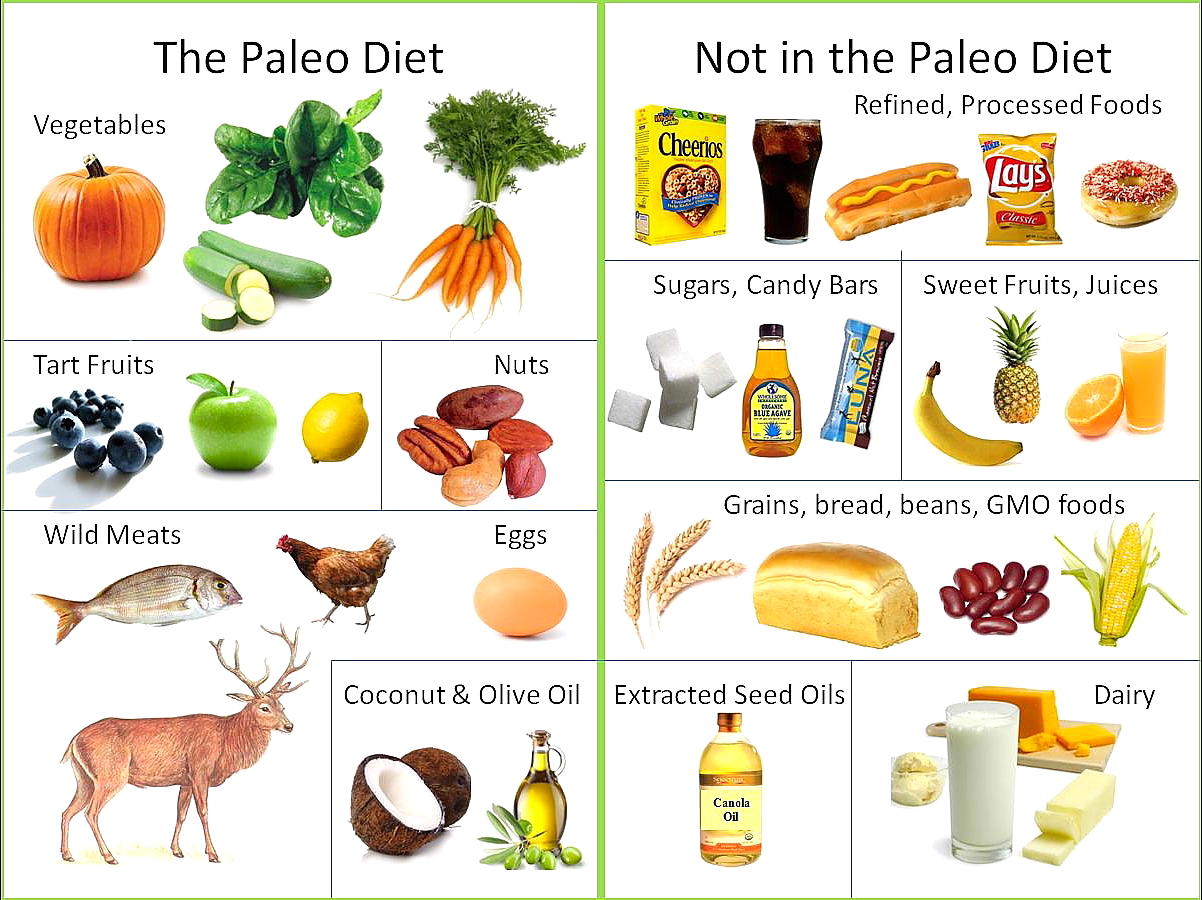“Our ancestors didn’t eat like this, so we shouldn’t.” This is the main ethos of many modern diets which advise us to exclude a number of recent additions to our plates because they were not part of our distant predecessors diet. There are many different variations on the theme – from all-encompassing “palaeolithic-style” diets to grain-free or gluten-free regimes – which are all generating a massive boom in specialised shops, products and even restaurants.
The general idea is that for most of our millions of years of evolution we were not exposed to grains, milk, yogurt or cheese, refined carbs, legumes, coffee or alcohol. As they only came into existence with farming around 10,000 years ago, our finely-tuned bodies have not been designed to deal with them efficiently.
The belief is that human evolution via survival of the fittest and natural selection is a very slow process and our genes classically take tens of thousands of years to change. This means that these “modern” foods cause various degrees of intolerance or allergic reactions, resulting not only in the modern epidemic of allergies, but also that the toxins lead to inflammation and obesity. So follow our Palaeolithic ancestors we are told, cut out these foods – and your problems are over.
This may sound eminently sensible but as it turns out, the facts on which this idea is based are rubbish.
We have adapted
The latest research shows we are not robotic automatons fixed in time but flexible plastic beings adapting to our environments and diets much faster than anyone had realised. A study published in Nature [3] showed clearly that major changes to our genes can occur in just a thousand years or a few hundred generations.
The researchers looked at the DNA from 101 Bronze Age skeletons across Europe from The Netherlands to Russia for key mutations. These people lived around 3,000 years ago and were busy migrating and spreading their genes. They looked in particular [4] at one key gene (called lactase persistence) that controlled an enzyme conferring the ability to digest milk after the age of three. Around three quarters of modern Europeans have this gene allowing them to digest a glass of milk without feeling sick. Rates of the gene mutation are higher in North Europe (up to 90%) and lower in Southern Europe (around 50%).

